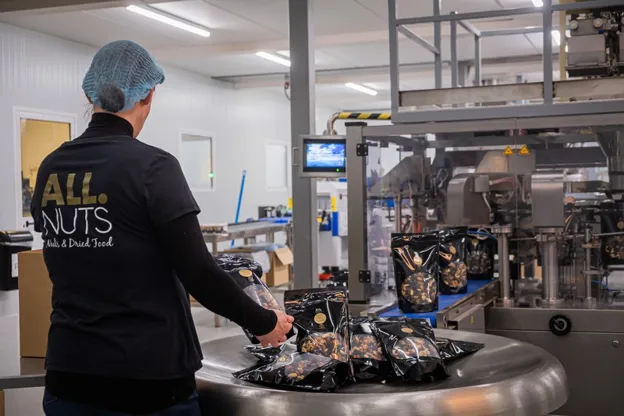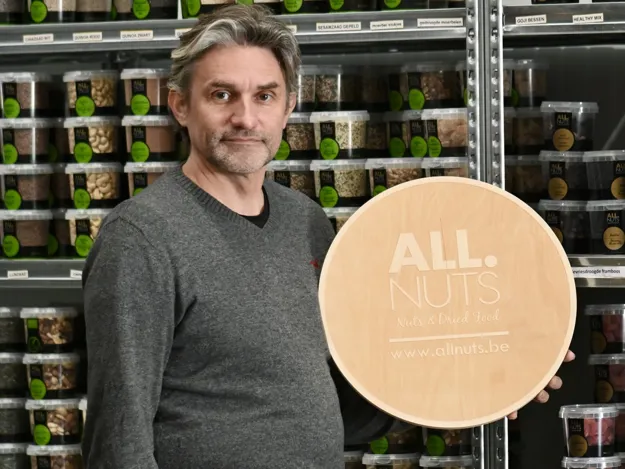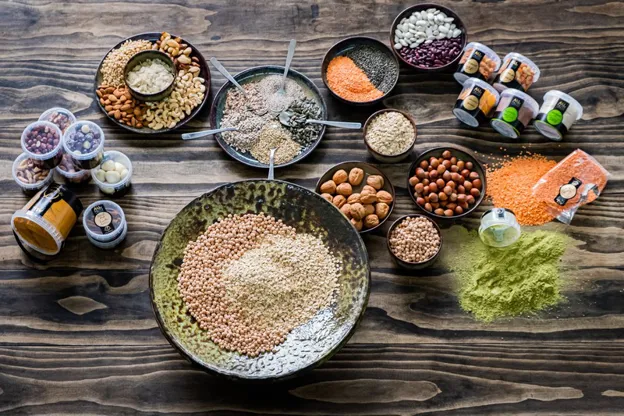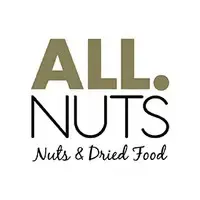Contrary to expectations, prices in the dried fruit and nuts sector keep rising. "I've worked in this sector for over 30 years, and in all those years, dried fruits have never been pricier than nuts," begins Alco Kappé of the Flemish Allnuts.
Prices of nuts like cashews, almonds, and hazelnuts are also still relatively high. According to him, they do not compare to the dried fruit, though. "We saw it coming a bit last year, but it's still a very unusual development. Look at apricots. They were about €4 up to three years ago. Now, prices start at €7. A similar thing is happening with plums and sultana raisins. When I entered the profession, sultanas were a little over a euro, and in recent years, it rose to €1.65. Now, we're talking about €2.85, sometimes even over €3/kg. It's truly unique."

Why this increase? "Besides the general rise in costs everywhere, there are supply issues. You see it in many segments, but in this case, Turkey had some issues with moisture and mold. El Niño affected the crop, so there's less availability. It's also about market dynamics. If you say you have little and people are still paying, then the supply remains low, so people claim, at least. Prices are, thus, driven up over the years," says Alco.
Secondary products
Allnuts, therefore, wants to create added value in other segments. "We are exploring how to differentiate ourselves from other providers. That's partly because we're increasingly focusing on peanuts. Last year, we roasted and processed about 300 tons; this year, we already have 500 tons planned. That includes not just roasted and seasoned, but processed into secondary products, like our chocolate products, too. We'll make these with the peanuts we process."

Alco says it is a product group he has always liked. "When I started in 1993, I had a fairly large volume of peanuts, but due to a disagreement with my partner at the time, things went a different way. We put that aside; it was always an item of between 15 and 25 tons per year. Yet, we're seeing a revival here," he explains. "We import from Argentina, which I think has the most flavorful peanuts. The ships dock regularly. We immediately offload them and deliver the product directly to our site. It doesn't get much quicker or more direct."
Peanuts are also in high demand. "Last year, Argentina had a bit too much rain, making the peanuts slightly pricier. This season, though, things have stabilized. Since nuts are still much more expensive, there are increasingly more markets for cheaper products. The pandemic is more or less over, but the aftermath isn't. So, buying cheaper yet flavorful peanuts is becoming much more appealing. Nuts are currently facing a tougher time, but peanuts are thriving," Alco concludes.

For more information:
Alco Kappé
Allnuts
1038 Industrieweg
3540, Herk-De-Stad, Belgium
Tel.: +32 (0) 13 55 05 59
info@allnuts.be
www.allnuts.be
